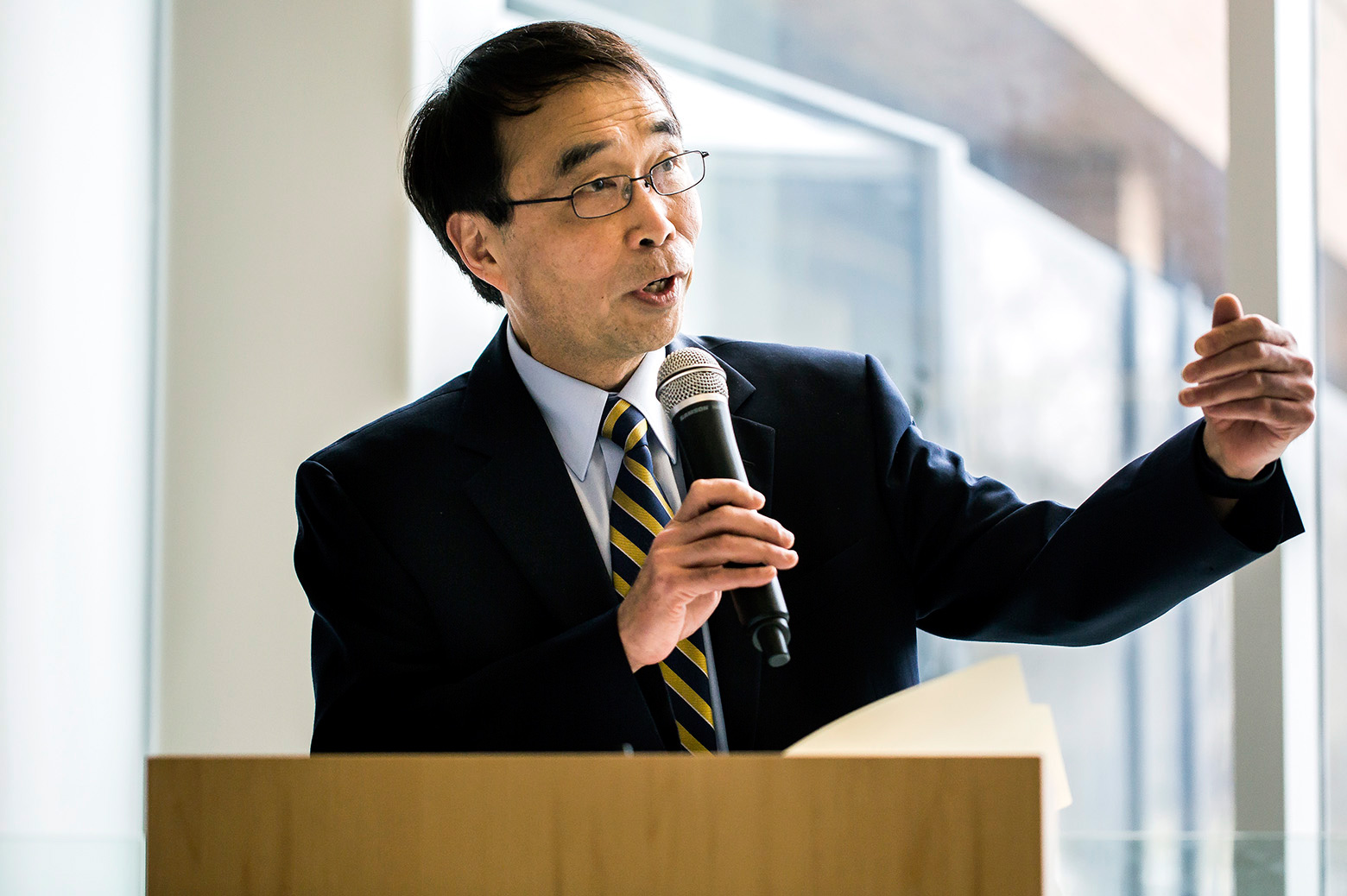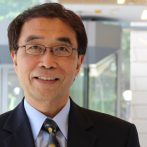
Michigan Engineering – A distinguished researcher, educator, and academic leader from the University of Michigan has been selected for a senior leadership post at the National Science Foundation.
Kon-Well Wang, the Stephen P. Timoshenko Collegiate Professor in the Department of Mechanical Engineering, will serve as the NSF’s division director of the Division of Engineering Education and Centers in the Directorate for Engineering.
Wang’s appointment begins in January 2019. The assignment is through the NSF Intergovernmental Personnel Act, and he’ll retain his U-M faculty position.
“I’m thrilled to have the opportunity to serve the nation and its scientific enterprise in this new role,” Wang said. “I look forward to providing strategic leadership in strengthening center-type research and education efforts in engineering, promoting convergence, and addressing the grand challenges that will significantly and positively impact our society.”
NSF’s Division of Engineering Education and Centers is charged with investing in the creation of 21st century engineers and the discovery of technologies. The division accomplishes its mission through transformational center-based research, research in education and inclusion, and research opportunities for students and teachers, according to NSF.
Its goals include: enabling centers and networks that solve grand challenges and launch new industries, broadening participation in engineering, improving engineering education, and developing the engineering workforce of tomorrow. This division oversees the large-scale Engineering Research Center, or ERC, program.
“We appreciate Kon-Well’s willingness to serve in this capacity, and he’s well-suited for this prestigious position,” said Alec D. Gallimore, the Robert J. Vlasic Dean of Engineering, the Richard F. and Eleanor A. Towner Professor, an Arthur F. Thurnau Professor, and a professor of aerospace engineering.
“The goals of NSF’s Division of Engineering Education and Centers speak to the heart of our hopes for the field’s future: a more inclusive engineering community, solutions to society’s grand challenges, and enhanced engineering education. We’re proud that a Michigan Engineer will lead these efforts.”
Wang was department chair of mechanical engineering at U-M from 2008 to 2018. During that time, he spearheaded development of a strategic plan that resulted in unique research opportunities for the department. He expanded the faculty and implemented faculty mentoring and development activities, and advanced the graduate and undergraduate educational programs, while building new and renovated research and education facilities.
Before coming to U-M, Wang spent 20 years at Penn State University, rising from assistant professor in 1988 to hold the William E. Diefenderfer Endowed Chair Professor in Mechanical Engineering in 2000. At Penn State, he held leadership positions in the Center for Acoustics and Vibrations and the Vertical Lift Research Center of Excellence, where he led various interdisciplinary research and education activities.
Wang’s main research interests are in structural dynamics and vibration, including metastructures, origami mechanics and dynamics, and adaptive structural and materials systems, which have potential applications in vibration and wave controls, energy harvesting, structural health monitoring, and vehicle system dynamics and controls. He holds a dozen patents and invention disclosures, has published more than 380 technical articles, and has advised over 50 Ph.D. students and postdoctoral fellows in research.
Wang earned his B.S. at National Taiwan University and his M.S. and Ph.D. at the University of California, Berkeley, all in mechanical engineering. Prior to joining academia as a faculty member, he spent several years as a senior research engineer at General Motors Research Laboratories.
Wang is an active member of the American Society of Mechanical Engineers (ASME) and other professional societies. He is a Fellow of ASME, the Institute of Physics, and the American Association for the Advancement of Science, and has been the chief editor for the ASME Journal of Vibration & Acoustics. Wang has received numerous awards for his achievements including some of the most prestigious society honors in his field. He has delivered various keynote lectures at ASME, AIAA and SPIE conferences, as well as at many international conferences.
